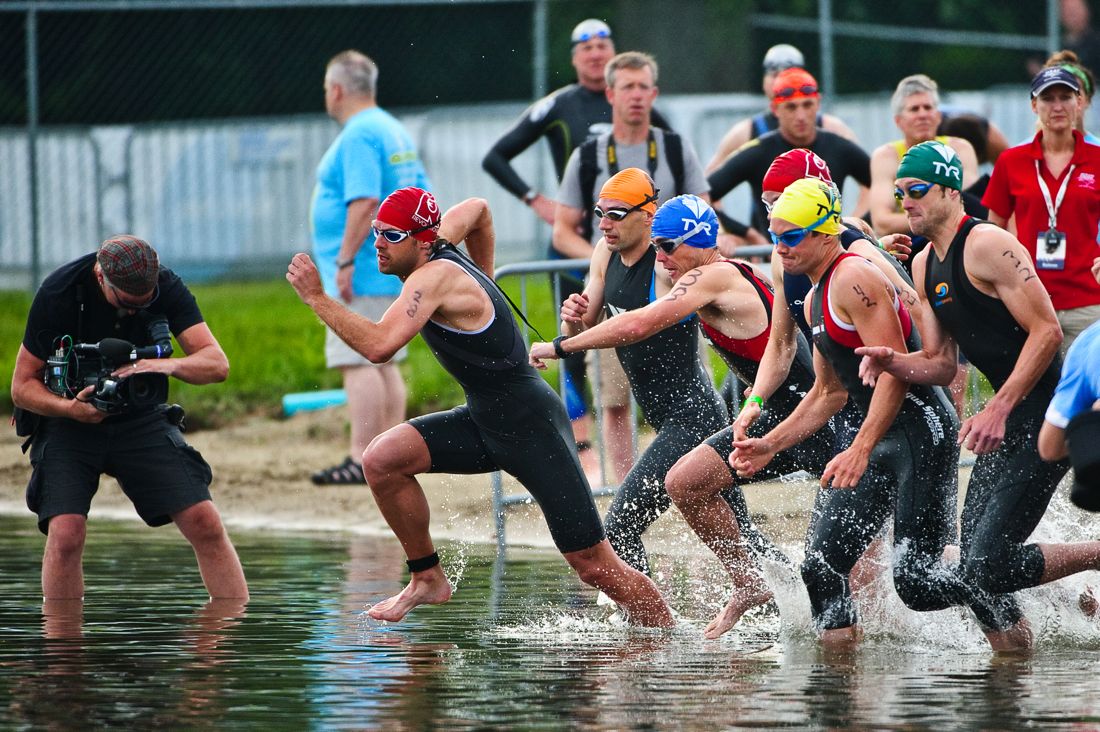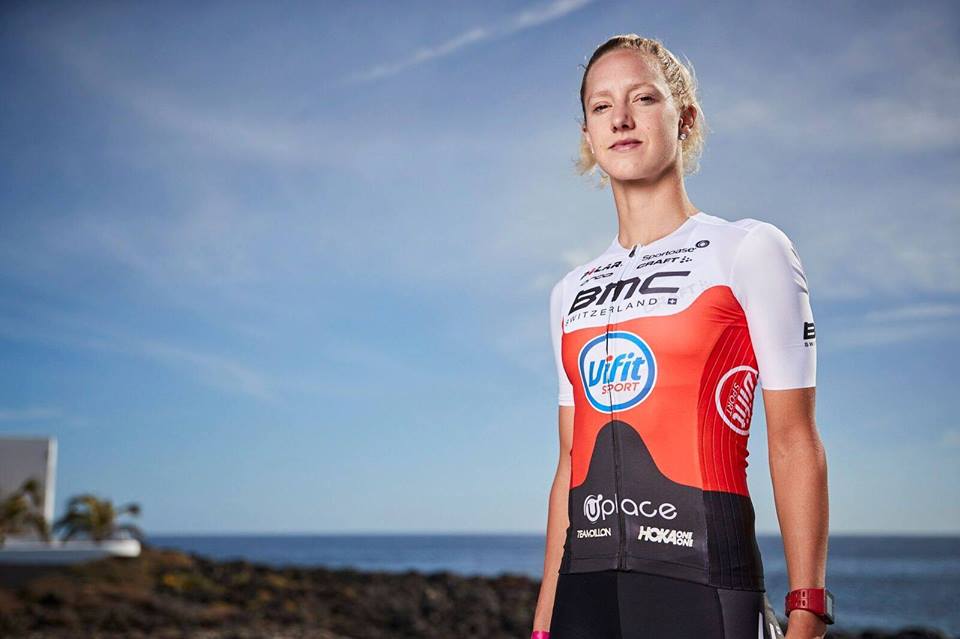systematic trainings, preparation hours, motivation at the highest level and health is good. Ideal conditions for improving your life record. So what can go wrong?
According to experts…a lot!
What do you do to give yourself a chance for the best performance in a triathlon career? In this part of the article, we ask the world’s best triathletes about their advice on the last days and hours leading up to the competition. How to spend this time not to waste hard work and enjoy a great result?
A good understanding of the route and its requirements will allow you to choose the right equipment and tactics.
“If you have the opportunity to train on the track, try to remember the terrain, weather conditions and all the points that can be problematic during the competition,” says Brendan Sexton, Australian triathlete, ITU World Cup winner. “If this is not possible, take a ride on the cycling and cross-country route and try to get as much information as possible about the route from the previous triathletes, as well as from the competition website.
“I personally pay special attention to the start and end moments of the shift zones, the technical sections of the cycling route and the last kilometre of the race,” adds Aaron Royle, World Champion up to 23 years of 2012.
Attention to the final moments of the race is a frequent advice from the best triathletes. Many of them suggest that this episode should be so well known that each point of it can be recreated in the head. This way you will be able to determine precisely which moment to choose for the last sprint.

EAT AND DRINK RESPECTIVELY BEFORE THE COMPETITION
“This is how often I hear from the athletes about their morning stomach problems before the competition,” says American triathlete Thomas Gerlach. “Don’t complicate anything and take care of the same routine. For me, it means 3 sweet potatoes for dinner the day before the competition and that’s all. It’s something I always do, so if something goes wrong, I know it’s not the fault of the potatoes. When it comes to drinking – keep a bottle of water with you all the time and don’t forget about electrolytes. In the Ironman triathlon in Arizona, I drunk 5 bottles of coconut water (225ml each), which is a great natural source of electrolytes. If you don’t have this type of product at your disposal, make sure you are able to replenish the electrolytes in another way. Personally, I end up drinking plenty of fluid before dinner so that you don’t run to the toilet in the middle of the night before the competition.
Listening to the advice of the triathlonists, there is one advice that everyone gives – “Don’t try to eat new things. Eat only what you eat every day and what you have more experience with.
Italian triathlete Edith Niederfriniger says, “The day before the competition I usually eat carbohydrates and proteins. At this point, there is no carbohydrate loading for me. This period took place in the previous days before the competition. A carbohydrate/protein meal usually includes rice and chicken or turkey – all without sauce.
New Zealander Sam Ward adds: “I try to eat some protein and a little bit of healthy fats (avocados, nuts, olives), as well as lots of carbohydrates. This type of nutrition starts 3-7 days before the competition. On the day of the competition, eat a meal similar to the one that was for dinner the previous day, remembering to eat this meal at least 2 hours before the competition. In this way you give your body time to digest it. Oatmeal, pasta, boiled potatoes or pancakes can be a good choice. If you have problems digesting meals before the competition or effort, a high-carbohydrate drink may be a good option for you.
If you’re in a sprint triathlon or Olympic distance, you don’t need as much carbohydrate pressure as the Ironman triathlonists. Of course, nutrition is also very important here, but hydration is equally important. Don’t forget to systematically replenish your fluids 24 hours before the competition. Remember here to stop drinking an hour before the competition, so don’t use the toilet during the competition.
PREPARE FOR SURPRISES
You can’t predict what will happen on the day of the competition, so always react to any surprises, problems or complications.
Australian triathlete, Grace Musgrove suggests: “I achieve better results when I have the opportunity to go through a solid warm-up. But I don’t always have the chance to warm up on the track. This was the case, for example, at the World Championships in London. Before the competition, I predicted this situation and asked the team to take a roller trainer so that I could warm up properly in my hotel.
A common problem is also the temperature of the water, which is too cold to warm it up.
Grace adds, “If the water temperature is on the verge of swimming in the foam, it’s a good idea to warm up in the foam, the nave.

